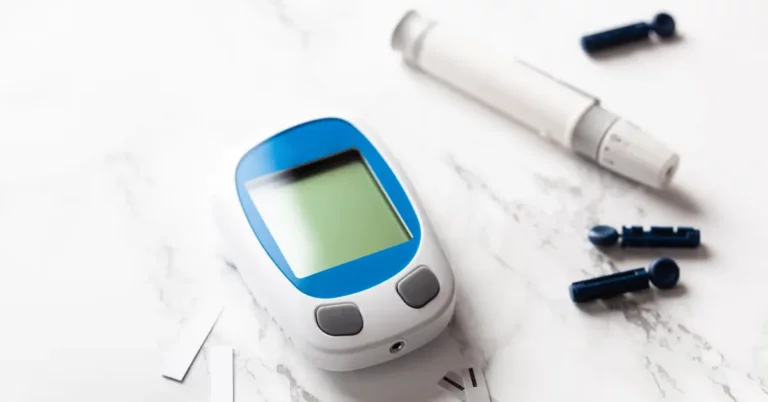Chronic care management is undergoing a transformative shift, driven by technological advancements and innovative approaches. As the prevalence of chronic diseases continues to rise, the need for effective chronic care management programs and services has never been greater. This article explores the latest trends and innovations shaping the future of chronic disease care, offering insights into how these developments are enhancing patient management and improving health outcomes.
Emerging Trends in Chronic Care Management
1. Telehealth and Remote Monitoring
Telehealth and remote monitoring are revolutionizing chronic care management by providing patients with continuous access to healthcare services. These technologies enable real-time monitoring of vital signs and symptoms, ensuring timely interventions and better disease care. According to a report by Global Market Insights, the telehealth market is expected to surpass $130 billion by 2025, reflecting the growing adoption of these services.
2. Personalized Treatment Protocols
Advances in data analytics and artificial intelligence are paving the way for personalized treatment protocols. By analyzing patient data, healthcare providers can develop tailored management guidelines and treatment plans that address individual needs. This approach enhances protocol compliance and improves overall patient care, making chronic care management more effective and efficient.
3. Integrated Care Models
Integrated care models that coordinate multiple aspects of patient care are becoming increasingly important. These models bring together primary care, specialty care, and chronic care management services to provide comprehensive treatment management. Research published in the Journal of Integrated Care indicates that integrated care models can reduce hospital readmissions by up to 20%, demonstrating their potential to improve chronic condition protocols and patient outcomes.
4. Wearable Health Devices
Wearable health devices are gaining popularity as tools for chronic care management. These devices track various health metrics, such as heart rate, blood pressure, and glucose levels, providing valuable data for patient management. The adoption of wearable devices is expected to grow, with the International Data Corporation (IDC) predicting that global shipments will reach 240 million units by 2023.
| Device | Description |
|---|---|
| Fitness Trackers | Devices that monitor steps, calories burned, and activity levels throughout the day. |
| Smartwatches | Watches with built-in sensors to track heart rate, sleep patterns, and sometimes blood oxygen levels. |
| Continuous Glucose Monitors (CGMs) | Devices that monitor glucose levels in real-time for diabetes management. |
| Blood Pressure Monitors | Wearable devices that measure blood pressure throughout the day. |
| Smart Clothing | Garments embedded with sensors to track posture, movement, and biometric data. |
| Wearable ECG Monitors | Devices that record and analyze heart rhythms continuously. |
| Sleep Trackers | Devices that monitor sleep duration, quality, and patterns. |
| Pulse Oximeters | Devices that measure blood oxygen levels, often used in monitoring respiratory conditions. |
| Wearable Stress Trackers | Devices that measure physiological markers of stress, such as heart rate variability. |
| UV Monitoring Devices | Wearables that measure UV exposure to help users manage sun exposure. |
These devices play a crucial role in health monitoring, disease management, and overall well-being by providing continuous data and insights.
Innovations Driving the Future of Chronic Care Management
1. Artificial Intelligence and Machine Learning
Artificial intelligence (AI) and machine learning (ML) are driving significant innovations in chronic care management. These technologies can predict disease flare-ups, suggest adjustments to treatment protocols, and identify patterns that might be missed by human analysis. AI and ML are making chronic care management programs more proactive and precise, ultimately enhancing patient outcomes.
2. Mobile Health Applications
Mobile health applications are playing a crucial role in chronic care management services. These apps allow patients to track their health metrics, manage medications, and communicate with healthcare providers. The convenience and accessibility of mobile health apps are making it easier for patients to adhere to medical guidelines and manage their conditions effectively.
3. Genomic Medicine
Genomic medicine is another exciting innovation in chronic care management. By understanding the genetic factors that contribute to chronic diseases, healthcare providers can develop more targeted and effective treatment plans. Genomic insights can lead to personalized medical guidelines and treatment protocols that are tailored to each patient’s genetic profile, improving the precision of chronic care management.
The future of chronic care management is bright, with numerous trends and innovations poised to transform the field. Telehealth, personalized treatment protocols, integrated care models, wearable health devices, artificial intelligence, mobile health applications, and genomic medicine are all contributing to more effective and efficient chronic disease care. By embracing these advancements, healthcare providers can enhance patient management, improve protocol compliance, and deliver better health outcomes for those living with chronic conditions.








